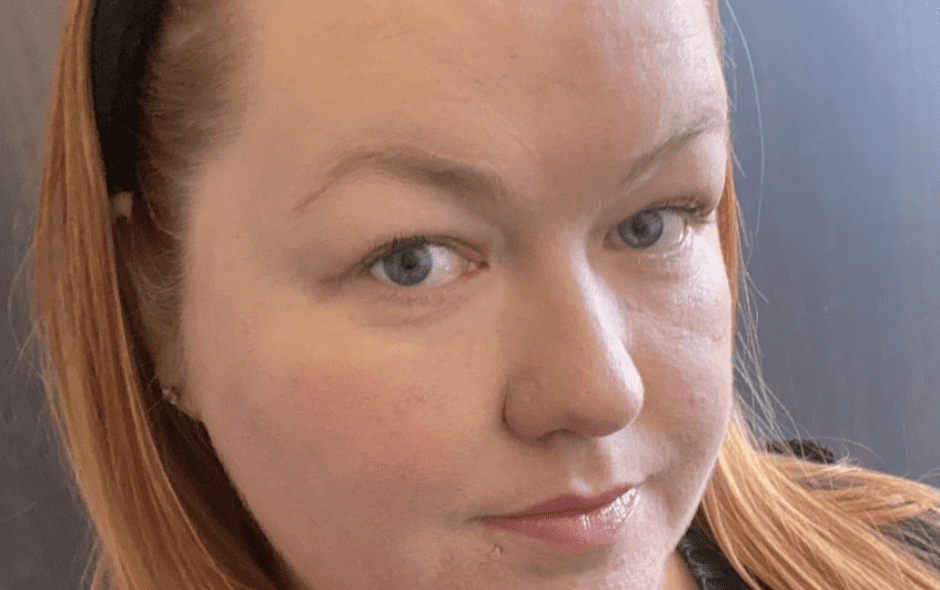Over the next few months, we will be helping you get to know our trustees. Today, Dawn Carter explains why she joined Epilepsy Scotland as a trustee and what she hopes to bring to Epilepsy Scotland.
Why did you join Epilepsy Scotland as a trustee?
I have previously volunteered and fundraised for Epilepsy Scotland which became increasingly difficult when I moved to England.
Becoming a trustee was a great opportunity to help give back to a charity that has supported me in the past.
What particularly interests you about Epilepsy Scotland?
I was first diagnosed with epilepsy in 2002. I didn’t have a particularly positive experience during my diagnosis and reached out to Epilepsy Scotland.
I was visited in my home and they made my diagnosis less daunting and gave me practical hints and tips on living with epilepsy.
Epilepsy Scotland made me realise my life wasn’t over and with some small adaptations, I could live a perfectly “normal” life.
What is your background in terms of skills and experience?
I have worked in the insurance industry for many years and have had a variety of roles in underwriting, IT, and change management with a penchant for all things data.
What are the main responsibilities of being a trustee?
Trustees ensure the charity has a clear strategy, and that its work and goals are in line with its vision, ensuring that all decisions put the needs of the beneficiaries first.
They make sure that the charity is run sustainably, protecting all assets including the reputation of the charity.
Trustees don’t usually do the day-to-day running of the charity. They delegate this to the staff, led by the Chief Executive.
What is the trustees’ role in relation to the Chief Executive?
Trustees give support and challenge – in a supportive way – to help the Chief Executive manage effectively.
As a trustee, you have the chance to support and shape the work and strategic direction, and you can make a significant difference to a cause that matters to you.
What are the advantages of having a trustee board made up of people from all sorts of backgrounds with different skills and experience?
Diversity reflects the real world. Having a diverse trustee board means that the same problem can be viewed and tackled from different angles.
It can serve as an opportunity for expanding viewpoints and collectively coming together in the decision-making process. Great ideas are often found when discussions disrupt common or siloed thinking.
Having a diverse board is not about a “tick box” but ensuring that the needs of the diverse beneficiaries are being represented at board level.
What do you hope to bring to Epilepsy Scotland?
There are many different challenges that people living with epilepsy face. I want to use my experience of being a woman living with epilepsy to help others navigate gender-specific challenges like changes in hormones (daily, monthly, and throughout a woman’s life), birth control, and pregnancy.
I’m sure as I go through different life stages such as parenthood and menopause I will have many more questions to improve my own knowledge on how to deal with any additional challenges having epilepsy may have.
In addition, I want to use my technical skills and knowledge to help Epilepsy Scotland improve its virtual offering expanding on the great work in response to the Covid-19 pandemic.




